Residents of Bujumbura are increasingly struggling with persistent water shortages, raising alarm over the spread of waterborne diseases, including cholera, as the city battles a long-standing supply crisis.
Opposition politician Olivier Nkurunziza, leader of the UPRONA party, has warned that the lack of clean water in the country’s economic capital is already forcing residents into dangerous coping mechanisms.
“There is a problem of clean water in the city of Bujumbura. People have started falling ill with diarrhea. Spending days without water triggers serious health problems,” he said, urging the government to act swiftly before the situation spirals out of control.
In Nyakabiga, one of the neighborhoods hardest hit by the shortage, frustration is mounting.
“We are very worried whenever there is no water,” a resident told Breaking Burundi. “We need it for drinking, cooking, washing clothes, cleaning the house, and personal hygiene. Without it, many people turn to river water, which is unsafe.”
Cholera Outbreaks Elsewhere Fuel Concern
The fears in Bujumbura are amplified by ongoing cholera outbreaks in the western communes of Rugombo and Cibitoke, where local media reported more than 90 confirmed cases earlier this month. The outbreaks highlight the wider consequences of poor access to clean water across the country.
Bujumbura has long endured irregular water supply despite Burundi’s abundant lakes and rivers. The state-owned water and power company, REGIDESO, attributes the problem to outdated infrastructure and rapid urban growth.
REGIDESO’s national director, Jean Albert Manigomba, acknowledged the gravity of the crisis, noting that the city’s water supply relies on a fragile balance between Lake Tanganyika and mountain springs.
“During the dry season, spring water drops significantly, which weakens our ability to distribute water across neighborhoods,” he said. “We are trying to increase pumping capacity, combining hillside water with that of Tanganyika to sustain supply.”
Promises of New Projects
Manigomba announced that a major project is set to begin soon, drawing water directly from Lake Tanganyika through new pumping and treatment stations. He promised that once operational, the system would significantly ease shortages in northern neighborhoods such as Kamenge and Uwinterekwa, with ripple benefits reaching southern parts of the city as well.
“It is a project that must start very soon and will permanently resolve the water problem,” he said, adding that some improvements would be visible within a month.
REGIDESO is also preparing a larger initiative, supported by the World Bank and other partners, which will extend water intake from Lake Tanganyika south of the capital and build a treatment station serving Rumonge and Cibitoke communes.
Despite these promises, skepticism remains high among residents who have lived with shortages for years. For many, the pressing concern is not future infrastructure but the immediate challenge of finding safe water today.
“Every day without clean water puts our families at risk. We cannot wait much longer.” Said a resident from Nyakabiga neighbourhood.


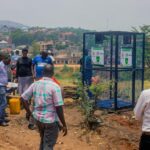
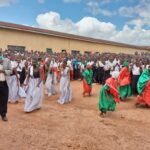
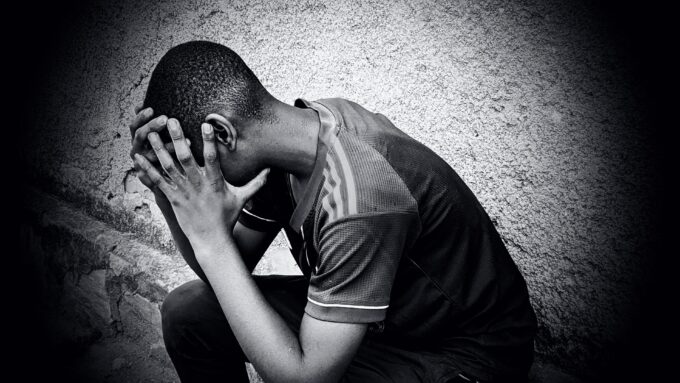
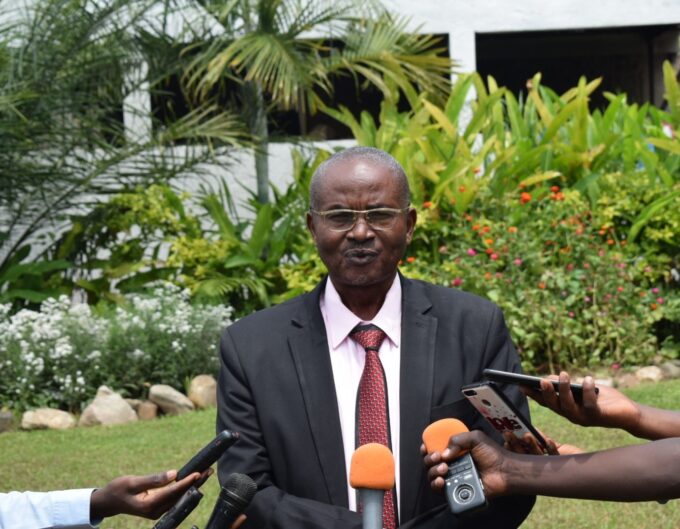
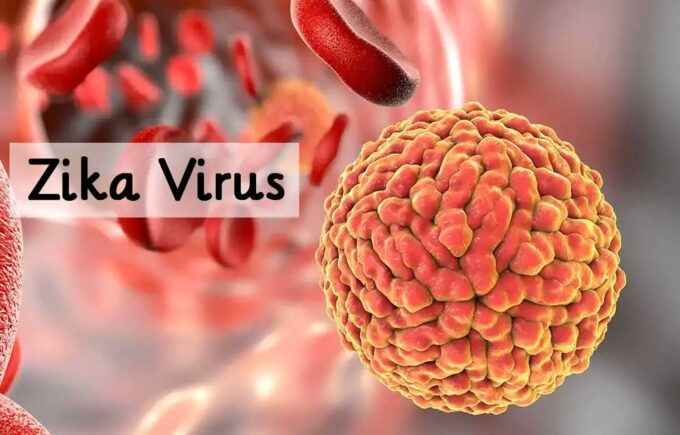
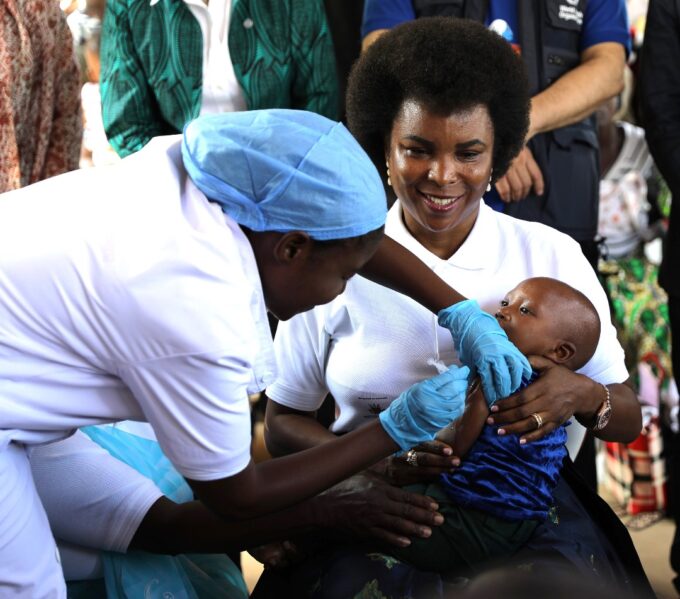
Leave a comment